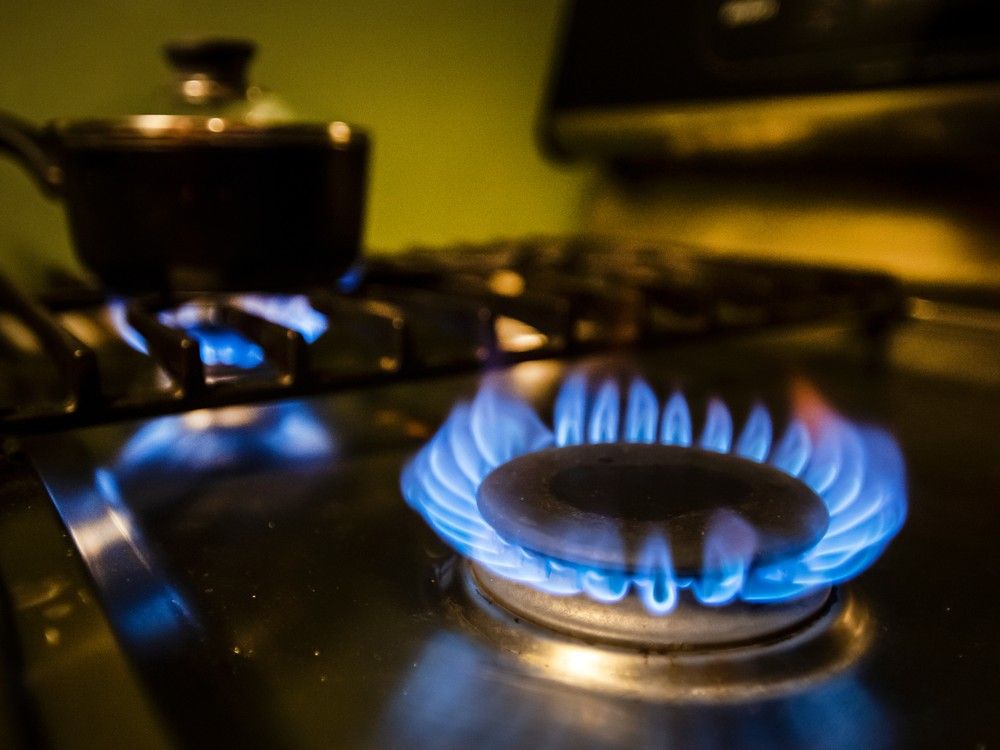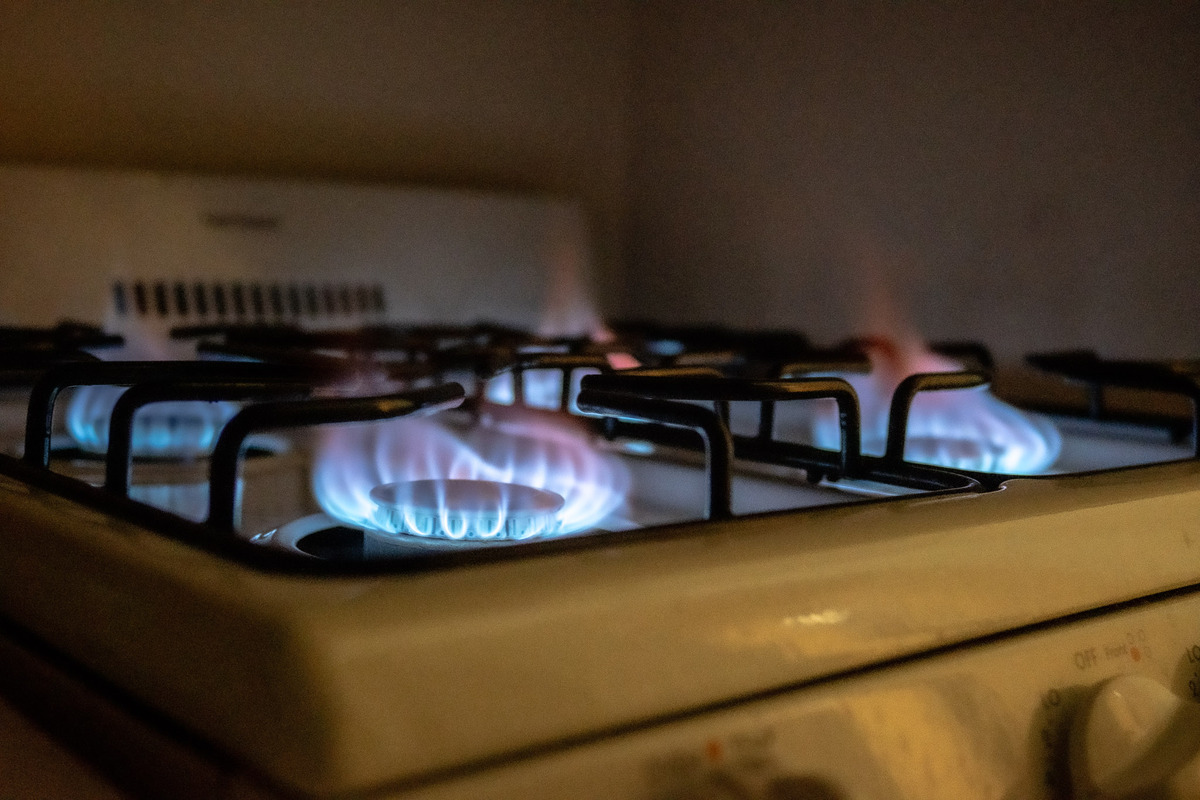Towered
Superstar
Well that's why I said perhaps - my lone opinion shouldn't dictate policy (though I admit if I were a dictator with absolute power I would probably impose a banThat’s no reason for government to tell us what we can cook with. Imagine if that was a determinant of government policy.. If I want to cook with gas, noxious fumes and all, myob. If this is a climate change thing, then the millions of gas furnaces in Canadian homes is the bigger issue than the occasional house with a gas cooker.
I'm not particularly passionate about this issue. All I'm saying is that I'd be totally fine with it if they did get banned. If not, I'm kind of ok with that too.








